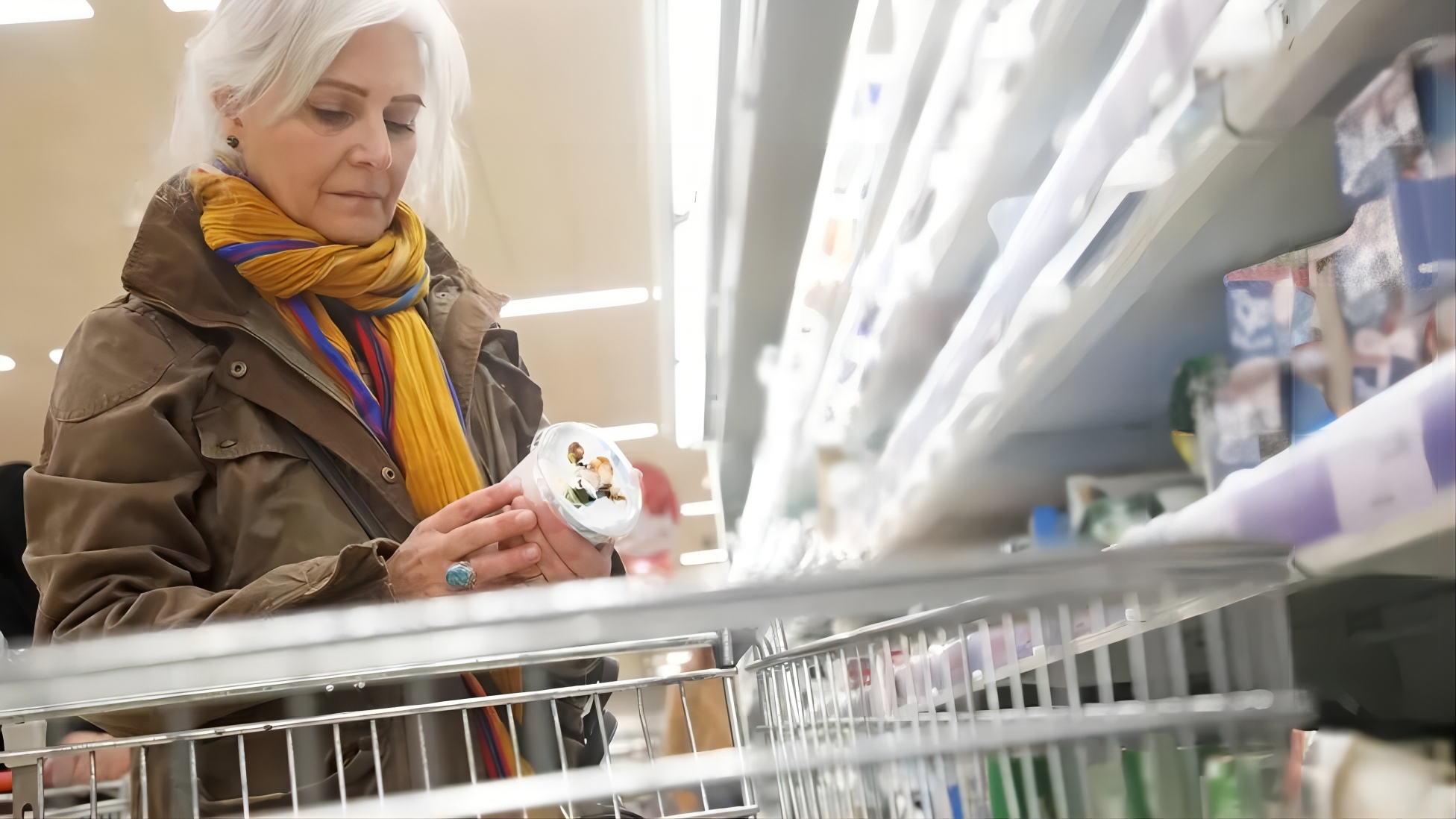
Shoppers have been switching away from branded sauces, cereals and drinks, and opting for supermarkets’ own-brand equivalents to save money at the till, research suggests.
Sales of own-label products have risen 47% over the last year, according to market research firm Kantar.
The trend comes against a backdrop of sharply rising food prices.
In January, grocery prices were up a record 16.7% compared to a year ago, Kantar said.
Households are facing an increase of £788 to their annual grocery bills “if they don’t change their behaviour to cut costs”, said Kantar analyst Fraser McKevitt.
People have been turning to more own-label products, and away from brands, “with sales of these [own-label] lines growing consistently over the past nine months,” he said.
Many supermarkets have also been using price-matching with rivals and savings through loyalty schemes to encourage people to shop with them, Mr McKevitt added.
However, consumer spending on promotions, such as two-for-one, is at a record low, accounting for just 23% of spending in the four week period studied by the market research firm.
Kantar said supermarkets were focusing on keeping prices low on everyday goods instead.
The research firm looked at the pace of price rises in the four weeks to 22 January this year.
Food prices have been rising sharply as energy, labour and agriculture costs rise, Mr McKevitt told the BBC.
Supermarkets would find it difficult to increase prices more quickly than competitors because the grocery sector is “incredibly competitive” and “most people have four or five supermarkets that they can go to”, he said.
However, food “is not something we can choose whether we buy or not”, he added.
While people have been cutting back on video streaming services, “that’s something people can choose to cut back on, but if you need to feed yourself, feed your family, you’re going to have to go to the shops”, Mr McKevitt added.
Market share
Discounters Aldi and Lidl have been grabbing a bigger slice of the grocery market in the UK for a number of years as people hunt for bargains and as they open new stores.
Sales jumped at Aldi and Lidl by about a quarter in January and their market share increased by about 1% each as this trend continued – but higher sales were also driven by price rises.
Sales grew in value by about 6% in January at the three biggest supermarkets: Tesco, Sainsbury’s and Asda, as prices rose, but their market share dropped slightly.
Morrisons, which was level-pegging with Aldi as Britain’s fourth biggest supermarket in December, lost market share in January and was overtaken by the discounter again – Aldi first became the UK’s fourth-largest supermarket in September.